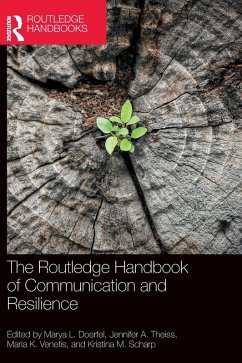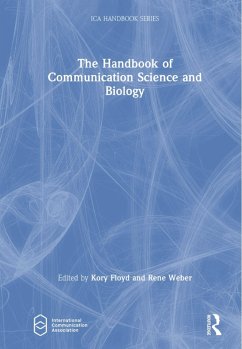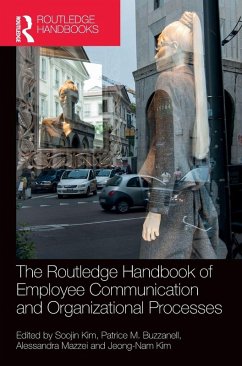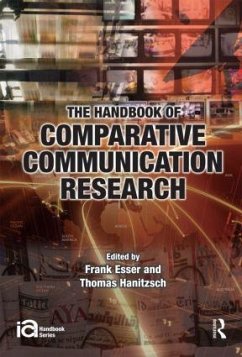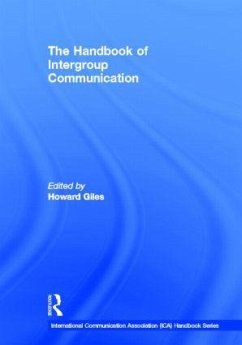
The Handbook of International Trends in Environmental Communication
Versandkostenfrei!
Versandfertig in 1-2 Wochen
259,99 €
inkl. MwSt.

PAYBACK Punkte
130 °P sammeln!
This handbook provides a comprehensive review of communication around rising global environmental challenges and public action to manage them now and into the future. Bringing together theoretical, methodological, and practical chapters, this book presents a unique opportunity for environmental communication scholars to critically reflect on the past, examine present trends, and start envisioning exciting new methodologies, theories, and areas of research. Chapters feature authors from a wide range of countries to critically review the genesis and evolution of environmental communication resea...
This handbook provides a comprehensive review of communication around rising global environmental challenges and public action to manage them now and into the future. Bringing together theoretical, methodological, and practical chapters, this book presents a unique opportunity for environmental communication scholars to critically reflect on the past, examine present trends, and start envisioning exciting new methodologies, theories, and areas of research. Chapters feature authors from a wide range of countries to critically review the genesis and evolution of environmental communication research and thus analyze current issues in the field from a truly international perspective, incorporating diverse epistemological perspectives, exciting new methodologies, and interdisciplinary theoretical frameworks. The handbook seeks to challenge existing dominant perspectives of environmental communication from and about populations in the Global South and disenfranchised populations in the Global North. The Handbook of International Trends in Environmental Communication is ideal for scholars and advanced students of communication, sustainability, strategic communication, media, environmental studies, and politics.



